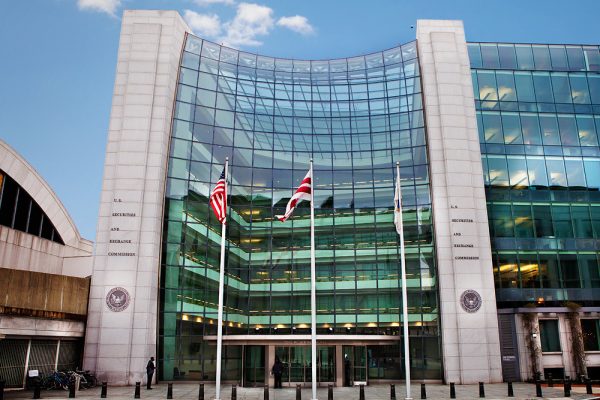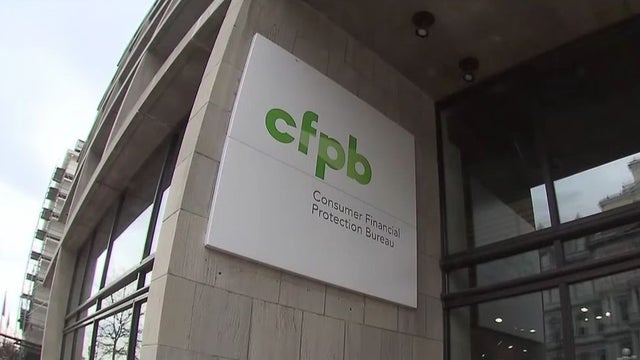Letters to Regulators: Letter in Response to the CFPB’s Request for Information on Junk Fees
AFR joined CRL, CFA and NCLC in sending a comment letter to the CFPB in response to their request for information on junk fees.

AFR joined CRL, CFA and NCLC in sending a comment letter to the CFPB in response to their request for information on junk fees.

AFREF led 26 other organizations in a letter to the Securities and Exchange Commission supporting its proposals that would provide to investors in private funds (such as hedge funds and private equity funds) basic and important information on a quarterly basis to make informed investment decisions.






AFREF sent a comment letter to the Securities and Exchange Commission supporting several of its proposals that would better protect investors in private funds (such as hedge funds and private equity firms) that currently do not have the basic, necessary information they currently need to make informed decisions.


AFREF sent a comment letter to the Federal Reserve on firms’ eligibility to gain access to privileged Fed Reserve accounts and services.



AFREF, joined by the Center for Economic Policy and Research and United for Respect, sent a comment letter responding to the FTC and DOJ’s request for information on merger enforcement. The letter calls on the agencies to to closely scrutinize and create presumptions to challenge acquisitions that employ leveraged buyouts and techniques like it.






AFREF sent a letter to the Securities and Exchange Commission supporting its proposals to reform Money Market Mutual Funds to better protect investors and the financial system. Money Market Mutual Funds have now been bailed out by policymakers twice in the last 12 years and benefit from paying higher interest rates above bank deposits without being subject to the same investor protection and safeguards as them.



AFREF sent a comment to the Securities and Exchange Commission (SEC) supporting the SEC’s proposals to modernize the reporting of beneficial ownership by including cash-settled derivatives in large position reports over Schedules 13D and 13G. We also urge the SEC to clarify its definition of who should constitute a “group” under the proposal as it should only apply to the sharing of material nonpublic information related to not yet disclosed large positions instead of efforts to improve the long-term corporate governance of companies.






AFREF led a letter with thirteen organizational signatories commenting in support of a rule proposed by the Securities and Exchange Commission that would significantly increase the transparency of stock buybacks. A central component of the proposed rule is daily disclosures of stock buybacks. (Current disclosure requirements are only quarterly.) In the comment letter, we commend the SEC on the proposed rule and make recommendations to further strengthen protections against market manipulation and insider trading that we believe would improve long-term financial stability and growth.






AFREF sent a letter commenting on the Security and Exchange Commission’s proposed rule to increase the transparency and efficiency of the securities lending market. Having already commented in support of the proposed rule, we submitted an additional comment to address its corporate governance implications. The securities lending market—as it pertains to equity shares—has important corporate governance implications, as investors cannot vote shares on loan. In our comment, we recommend the Commission enhance the proposed rule’s public disclosures to give investors the tools they need to ensure the securities lending practices of asset managers and retail brokers do not interfere with investors’ role in corporate governance.


AFREF joined a letter to the CFPB in response to their inquiry into Buy Now, Pay Later (BNPL) credit products that are proliferating across market areas.